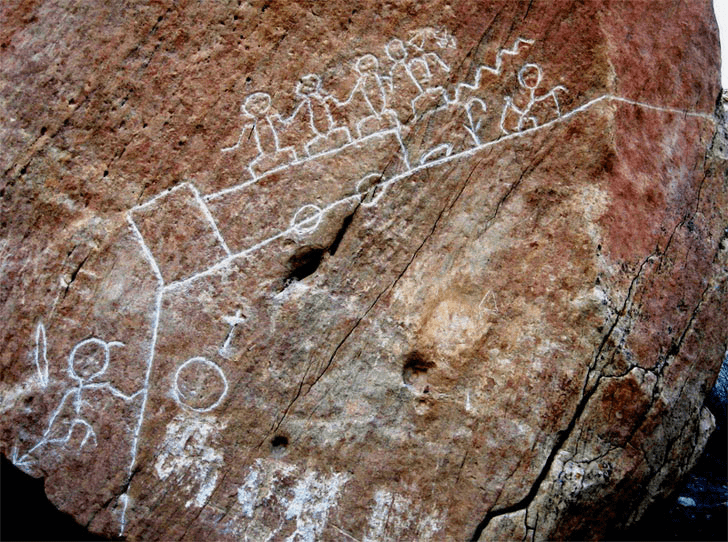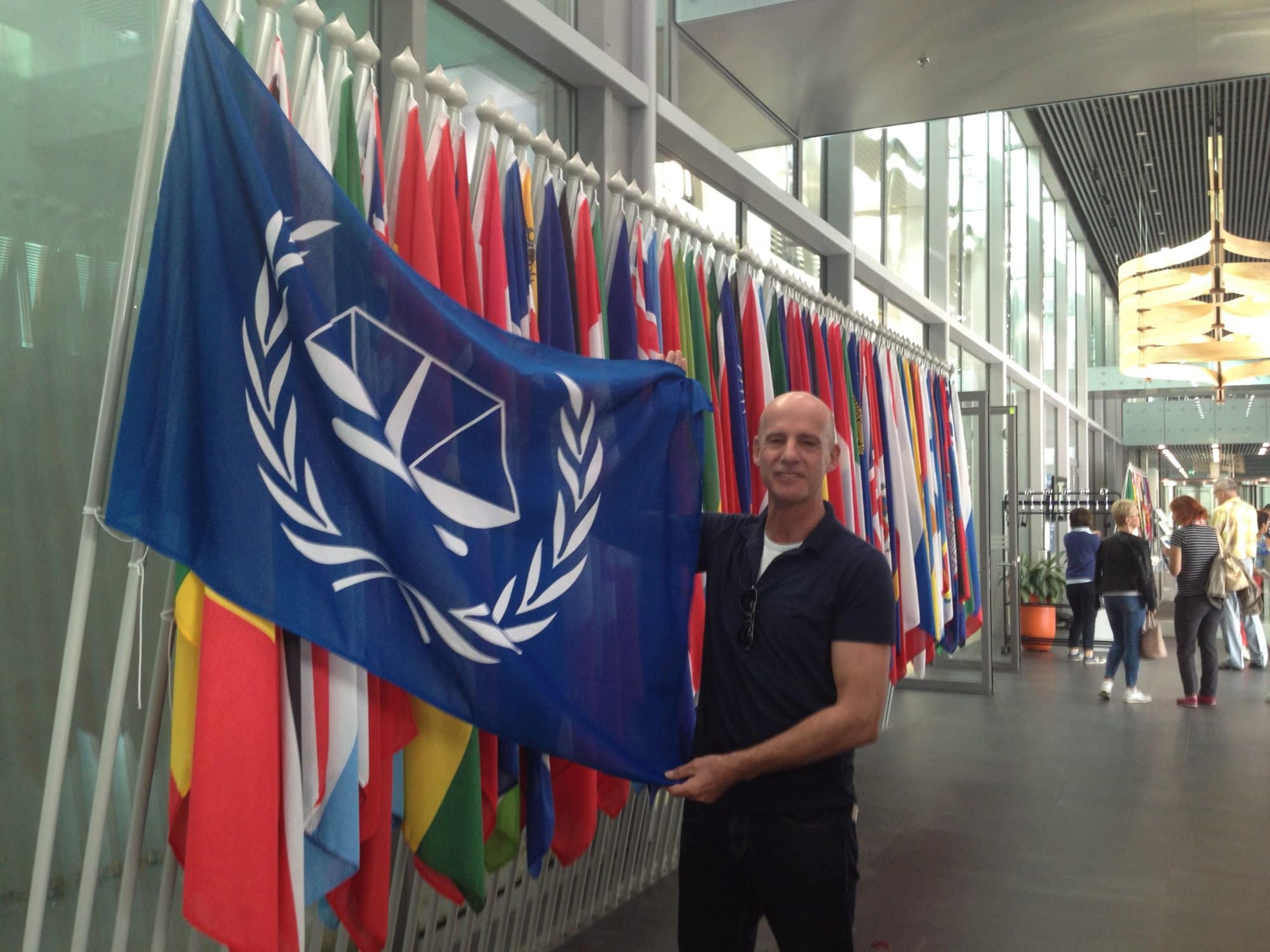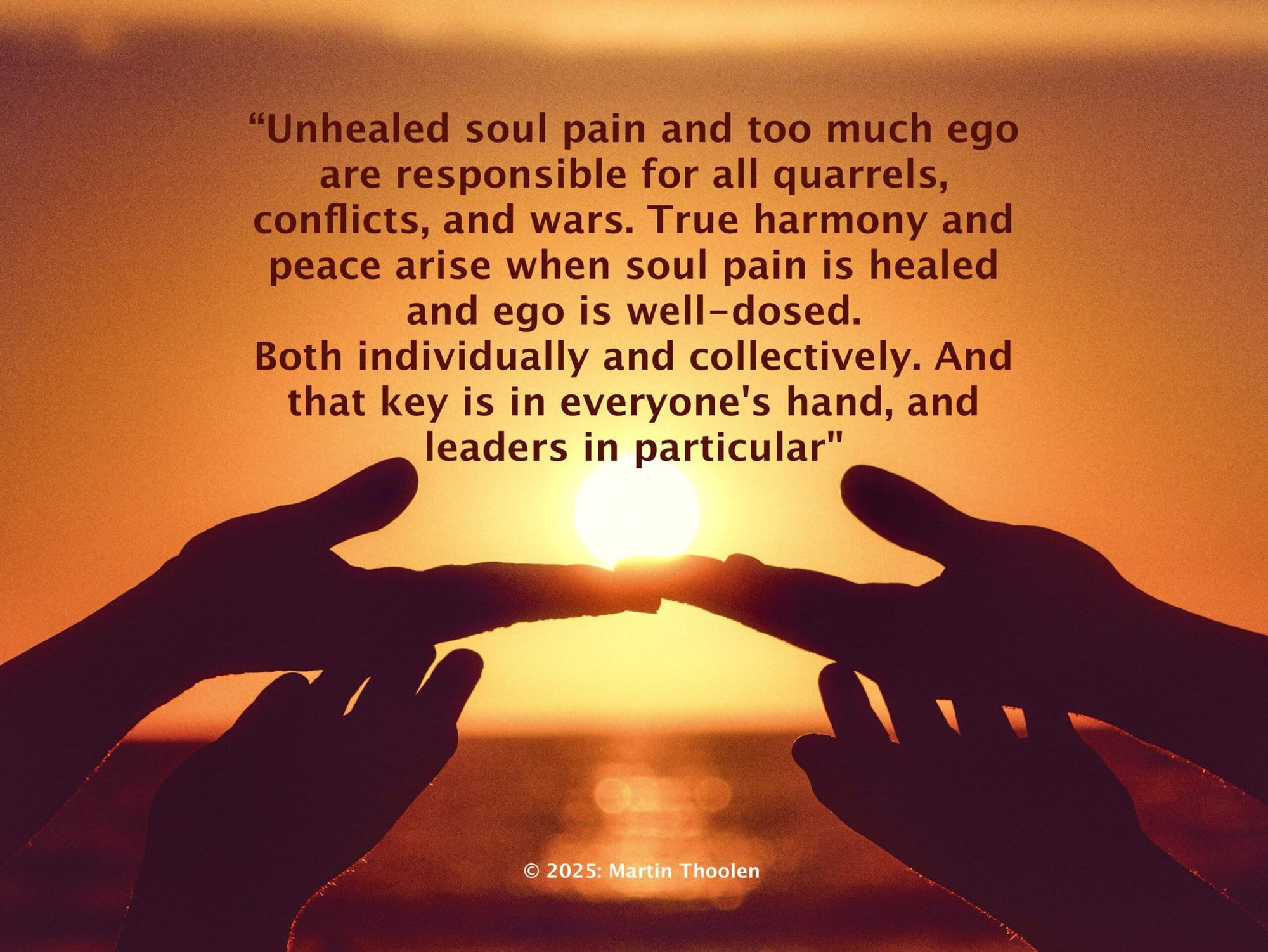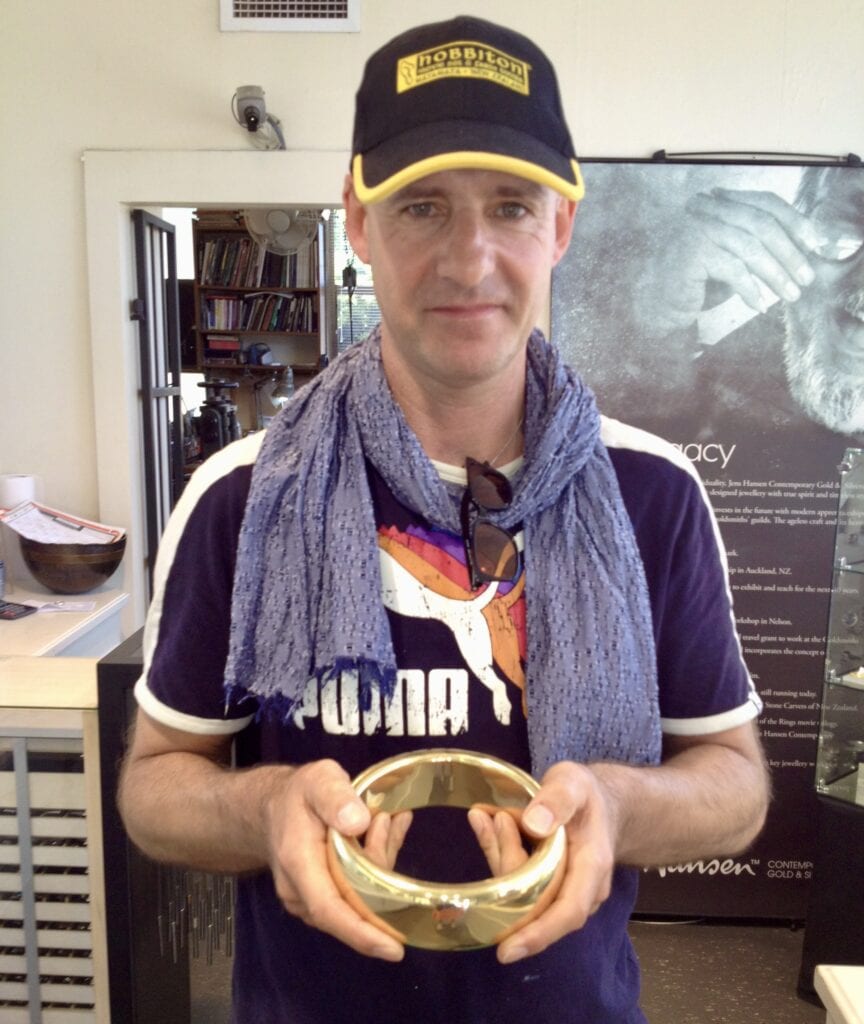Dear all,
Thank you for our contact this past year.
And dear customers/clients: Thank you for your trust in serving you last year. It was truly a pleasure.
However, I love to keep innovating my work. Because in addition to existing services such as team coaching and various types of coaching for career development, re-integration, grief processing, and mediation, something entirely new will emerge in 2026. Specifically for directors, leaders, and managers who want to contribute to a better world for which new developments are currently being forged under ground.
In addition, I will continue to share my experiences and inspirations with you through new podcasts, blogs, articles, and interviews.
I sincerely wish you a very healthy, prosperous, peaceful, and innovative 2026!
Warm regards, Martin
Here we go again. The Christmas dinner is on the horizon, but how do we keep it really fun?
Odd, isn’t it? Christmas, a time of peace, but we can still argue at the dinner table – before, during and after. But things can be different, and you can help to make this difference!
You already start walking on eggshells during the preparation. After all, you start thinking:
These mindsets, which you cling to and can last for years, come from somewhere. They are ego roles and family roles that you have known in yourself and each other for a very long time. And sometimes they have been reinforced over the years.
However, it is precisely these familiar old mind-sets that ensure that we are more likely to start a war than cultivate peace at the Christmas dinner table. Sometimes simply in in our thoughts about each otherbut sometimes also in words and gestures.. A self-fulfilling prophecy to which you contribute by continuing to think in that way. Pity, because things can be done differently. And you play the leading role in this. Contributing to peace on earth, right where you are. Take a look.
Look at your own mindsets and simply ask yourself the question: ‘Is that so?’
Like: ‘I have known him/her my entire life.’ Is that so? No, of course not, because you don’t see them every single second. You simply don’t know what someone else says, does or shares in another way, without your involvement. You have always only seen a part of your father, mother, brother, sister or child.
However, experiences in families quickly lead us to stick ego labels on each other, such as them always being difficult, egoistic, antisocial, cynical, insolent, rude, etc. And there were undoubtedly reasons for this. But do you want to stay in the same place? A place of conflict? And can you see and approach the other part of your family?
Let go of that place for a while at Christmas. Try approaching your brother, sister, father, mother or child from a new place with a fresh, new mindset and try the following 10 tips below. And don’t make any prejudgements.
Try these tips and I predict that you will feel much happier during the Christmas season.
Would you like to learn other ways, big or small, to contribute to a better world?
At home or at work? Take a look at this Christmas present – the book ‘Personally Inspiring Leadership.’ For more effective work, a meaningful life and a better world. View or order a copy here:
I wish you a truly Merry Christmas! Martin
©2025: Martin Thoolen
#spirit #synchroniciteit #synchronicity #persoonlijkinspirerendleiderschap #persoonlijkleiderschap #leadership #leadershipdevelopment #personalleadership #leiderschap #spiritueelleiderschap #spiritedleadership #executivecoaching #leiderschap #leiderschapsontwikkeling #teamcoaching #collectiefleiderschap #professionalcoaching #coaching #businesscoaching#psychologyofselves #voicedialogue #egozielspirit #egosoulspirit #vrede #peace #awarenessatwork #martinthoolen
It seems unlikely when you look around today. Actually, not just today, but any time in the last five millennia. However, I am still a dreamer who believes it certainly is possible, which gives life meaning.
Especially if we don’t wait for others but take independent action. Not waiting for a redeemer but becoming our own redeemer. Everyone in their own world. With your colleagues, suppliers, and customers, but also with your neighbors, fellow road users, fellow citizens, and fellow human beings. With everyone around you. Here are a few pointers:
A worldwide divergence is currently taking place. One that is inevitable and necessary. Two environments are being created. By those who choose ego, and those who choose (self)consciousness/spirit. These are two incompatible paths that were predicted long ago and are clearly illustrated on the Hopi stone that I visited with a Navajo-guide in Arizona, the USA, in 2018.

Ego-focused environments, societies and organisations are typified by preferential treatment of some groups at the expense of others. Rich over poor, men above women, white above non-white, non-native above native, etc.
Countries can even be in the grip of an extreme collective ego guided by their ego-driven leaders. They are typified by one of the eight ego-coup roles into which you can fall and remain one of which is the ruler, as I discuss in my book on Spirited Personal Leadership.
In this case, a leader cares for his people, according to a ‘personal diktat.’ He does whatever it takes to be on top, because then he will have more power and influence. They put themselves above others, who must obey their will in order to meet their needs. To achieve this, they use a wide range of power resources, not just the aforementioned position of power. But strong powers of persuasion (which is sometimes expressed as literally screaming at ‘your people’), charisma, strategic traits (including lying) expertise or knowledge, income or status or networks can also be employed to impose their will on others.
If the people ‘under them’ are not obedient, they condemn them and try to get rid of them. The driving force is the fear that they, or their group, will be inadequate or enjoy less prestige. They consistently communicate this fear by means of threats issued to those who think differently. By intimidation. For instance, when the chairman of the board gives you hell, while it is not you but several incumbent administrators who are incompetent. Or threatening using displays of power – from threats of dismissal to military parades with nuclear missiles.
You make your allies dependent by giving preferential treatment and other privileges. For example, in the Corona policy that was enforced by a great many countries all over the world we saw preferred groups, and others who were free to kick the bucket. Vaccines first went to the rich, and then the poor.
If the ego of a leader or government wants to dominate even more, you expand your territory of personal authorities and have them – if possible – laid down in statutory provisions, sometimes even in the constitution. This enables you to accrue even more power. Just take a look at some of our current dictatorial government leaders. And it doesn’t stop there, because ideally they expand their territory in the literal sense and rob other people of their land in order to serve themselves and their preferential group. At the expense of others.
These more spiritually underdeveloped (ego-focussed)societies, governments and organisations spread fear, exercise power and commit manipulation or even torture, genocide, systematic indoctrination, concealment and distortion of information or provide one-sided information despite, or sometimes because of, the precepts of their religion.
But things can be different if ‘Spiried Leaders’ rule the world.
More spiritually developed societies are typified by a number of characteristics, including a genuine and effective democracy in which all voices are actually heard. With no secrets and hidden agendas, but complete transparency. Where equal rights, such as equal pay for men and women, apply to everyone. Where all groups and countries coexist peacefully, living and working with each other. Where there is enough water, food and housing for everyone and starvation is banned. Where we respect the foundation of our existence, the earth, in everything we do. An utopia?
Current development of the world In any case, right now the world is suffering a collective ego regression led by ego or ego-disturbed leaders who feed low ego societies. Current economic and political interests prevail above human dignity and equality. Even the United Nations, which should promote a peaceful world and care for everyone, displays a number of fundamental shortcomings. Injustice has even been given a seat at the UN. Just look at the UN human rights council, which refused to debate on the report on human rights violations in China. A report that had previously been concealed despite the proven use of systematic torture, detention and brainwashing amongst the Muslim Uyghur minority.
Every country that voted no or abstained contributes to this universal injustice. They lack the guts to choose universal justice. And this is simply due to the fear of sacrificing too much political, economic and personal capital, status and privilege. Consequently, fear and power are the dominant factors, not love of your fellow human beings. Qatar’s no vote, based on economic interests, clearly highlighted its own human rights abuses. But ok, football entertainment trumps everything. We most likely have enjoyed watching that World Cup. For the record, I am a massive football fan and I used to play my self in clubs, but this just isn’t right.
And injustice is ubiquitous. In my own country too. No different to other countries. The leadership in recent years has allowed the rich (mostly men) to get richer and the poor to get poorer, so now even food banks can no longer cope, on top of the immense growth of policy implemented on the basis of lies and egoism.
And as I already mentioned, some governments and leaders deliberately utilise control to impose a regime where torture, systematic murder and indoctrination are portrayed as normal and responsible. Sometimes even in the name of God, Allah or whoever. Because this gives you licence to do whatever you want. But what if your own child, father or mother is the one having their human rights contravened? What if the situation is reversed and you or your partner or relative are indoctrinated, tortured or killed? Tell me, what is the difference? A great deal from the ego, and nothing from the spirit. Because then we are all equal. All people with the same wishes, fears, pains and desires. There is no difference because at our core we are all equal.
“At our core we are all equal”
What injustice have you experienced? How did it feel? What if you were also let down by your own government or the UN? Or even tortured or killed? This is not how we’ll make a better world.
Fortunately, there is also a natural development underway. New generations are increasingly intolerant of these unjust ego societies. Look at Iran. Patience is running thin with the reign of terror imposed by patriarchal white-man-power (fed by a distorted use of religion). It is just a matter of time. The fresh spirit-awareness of younger generations no longer accepts it, and the revolt is growing of its own accord. Simply because people’s hearts can no longer bear it.
It is also time for beloved leaders to cultivate a better world, as you can read in another article: https://martinthoolen.com/en/openstaande-vacatures-voor-de-wereldde-geliefde-leider/
Besides new leaders and the natural development of ego resistance, you can also make a personal contribution to a better world. You don’t have to wait for others. Dare to choose. Dare to be a dissident in your ego environments. Choose for or create a better world around you, however hard it may be. Are you aware of your own ego, soul and how (self)consciousness/spirit can enrich you? See yourself with new eyes and approach everyone around you in a truthful, sincere and peaceful way, even when you do not agree. Look at how you treat your family, neighbours, customers, team-members, board-members, shareholders, employees at work yourself. Thus creating a better world around you daily. In the book ‘Spirited Personal Leadership’ you’ll find insights and tools as how to do that: https://www.amazon.com/Spirited-Personal-Leadership-effective-meaningful/dp/9090368027/ref=sr_1_1?crid=1T35YC0885VAQ&keywords=spirited+personal+leadership&qid=1689054493&sprefix=spirited+personal+leadershipaps225&sr=8-1
Or would you like to personally receive and experience the tools for a better world? Maybe some of these services may support you: https://martinthoolen.com/en/service/.
Furthermore, it can also fundamentally promote a more effective, balanced, sustainable and dynamic working life and add meaning to your personal life.
A better world. Is that possible? Yes! If this all happens more there really could be a burgeoning paradise on earth in just a few decades. You can go for that instead of complaining and feeling victimised by a world you can’t stand.
The choice is yours. Every year, every month, week or day and every minute.

#spirit #synchroniciteit #synchronicity #persoonlijkinspirerendleiderschap #persoonlijkleiderschap #leadership #leadershipdevelopment #personalleadership #leiderschap #spiritueelleiderschap #spiritedleadership #executivecoaching #leiderschap #leiderschapsontwikkeling #teamcoaching #collectiefleiderschap #professionalcoaching #coaching #businesscoaching#psychologyofselves #voicedialogue #egozielspirit #egosoulspirit #vrede #peace #awarenessatwork #martinthoolen
© 2025: Martin Thoolen
Quote from the book ‘Spirited Personal Leadership’. More info up here: https://martinthoolen.com/en/publicaties/.
During my travels around the world, I find inspiration in unexpected encounters that I'd love to share with you. Sometimes you even have to move away to get closer. This time: 'A Network of Lights'.
Some places and times give you more meaning than others. This time, I'm taking a little trip closer to home, to a park near where I live in the Netherlands. Not far away, still it brought me a miracle. How close travel and a dull (natural) place can bring you light and inspiration. Take a look:
Sometimes I like to sit alone in nature. And sometimes something miraculous happens, like yesterday. Imagine it's December, cold, seven degrees Celsius above zero. I'm sitting opposite a patch of withered grass, slightly illuminated in the dark by lampposts further away. Nothing special, you might think. Until I see something I never thought possible: I see a light slowly coming on on the withered blades of grass, then briefly going off again, only to come on again for a while. This continues for several minutes. Later, I see the same thing happening 40 centimeters away. Fifteen minutes later, the two original lights have moved ten centimeters apart.
In fact, they turn out to be two glowworms that only appear in the South and East of the Netherlands in June/July. But for once, they're across from me in the cold West.
I sat there, stunned, and my mind began to wander and ponder. Suddenly, I realized that, just like glowworms, we carry light within us. No matter how dark, cold, or artificially lit our surroundings, the original light shines within us as soon as we think, feel, and act from our hearts: from kindness, curiosity, compassion, forgiveness, equality, and community.
If we consciously live this more, we radiate the consciousness and light that makes ourselves and our immediate surroundings happier. One light ignites another. Before you know it, we unconsciously create a network of positive energy. Your immediate work or living environment becomes brighter, more enjoyable, and more effective.
What would you do differently in your immediate work environment if you practiced 10% more of these spirit values? Would you work more collaboratively and with kindness, curiosity, compassion, forgiveness, equality, and community, even if you encounter resistance?
If you do that, your light will shine more brightly.
Want to know how you can further shine your light and put it into practice in your work? Then download the free promotional book "Spirited Personal Leadership" (in PDF): https://martinthoolen.com/en/publicaties/
I hope you'll let your light shine more, so that together we can build a new network of light that makes the world around us a little brighter, more fun, and more beautiful.
© 2025: Martin Thoolen
#wereldinspiraties #worldinspirations #reisverhalenmartinthoolen #travelstoriesmartinthoolen #spirit #synchroniciteit #synchronicity #firstnations #persoonlijkinspirerendleiderschap #persoonlijkleiderschap #leadership #leadershipdevelopment #personalleadership #leiderschap #spiritueelleiderschap #spiritedleadership #executivecoaching #leiderschap #leiderschapsontwikkeling #teamcoaching #collectiefleiderschap #professionalcoaching #coaching #businesscoaching #psychologyofselves #voicedialogue #egozielspirit #egosoulspirit #healer #healing #shaman #awarenessatwork #martinthoolen

INSPIRE YOURSELF BY LISTENING WHENEVER IT SUITS YOU.
On the road in the car, bus, train or on foot, or relaxing at home, Because, from now on, you can also listen to new podcasts. Each time, a different topic with inspiration on personal and professional development. With insights and tips you can immediately apply to your own work and life.
This time about: 'How Deep Listening Brings Harmony'.
But here you'll also find podcasts about:
Listen here: https://martinthoolen.com/podcasts/
Stay tuned, because more will follow in the coming months...
Enjoy listening! Martin
During my travels around the world, I found inspiration from unexpected encounters that I'd like to share with you. Sometimes you have to go (far) away to get closer. This time: ' A better world by being a temporary astronaut’.
Years ago, I was at the WOMAD festival in Malmesbury, UK, where the album Big Blue Ball featuring artist Peter Gabriel was being presented. The idea behind it is that we see the Earth as a big blue ball when we look at it from a distance. Just like astronauts see and experience it. Because when you step back, you become aware of what you didn't see before. For many of them, it's an unforgettable life experience that makes a deep impression and brings them back with a new awareness to live and work differently. Just look.


Do you know that feeling? Imagine traveling for a while to a different place, country, and culture. Suddenly, you see that people there do things 'differently' than 'at home'. Like I once experienced in Sweden, where people waited patiently for each other in the queue at a gas station. Or in England, where people give each other right-of-way instead of taking the right-of-way. That's different from what I'd become accustomed to in the busy Netherlands, where many people push and shove to avoid losing a second.
That distance made me more aware of the urgent behavior I no longer wanted to engage in upon returning to the Netherlands. This shows how travel and distance can expand your consciousness, help you learn differently, and transform your life or work, both small and large. So, traveling offers a different, natural way of learning.
"When you distance yourself, you become aware of what you didn't see before."
But what would happen if you zoomed out even further from the place o what you often call home? And then very far away? Imagine yourself as an astronaut for a moment and saw the Earth from a distance. Like William Shatner (Captain Kirk from Start Trek) did after he had made a real, short space flight. It deeply touched his heart and soul, bringing him to tears, as he "felt" the pain we inflict on the Earth, and indeed, on ourselves. The pain felt intensifies the desire to change from within.
To this day, he still says about it, deeply moved: "What a beautiful blue/green planet we all live on; I see no boundaries; the Earth and we are so incredibly vulnerable with such a thin layer of atmosphere and limited nutrients."
William was so deeply moved by the boundless consciousness that upon returning to Earth, he wanted to do much more for the healthy development of the Earth, not least for ourselves as human beings.
"The pain he felt strengthens the desire to change from within."
On Earth, we are all 'allowed' to live, where we are only temporary guests. How do we behave as guests? How do you do that when you visit someone for real? Why not do the same on Earth: with respect?
Many other astronauts share similar, lived insights. One of them is the fact that from above, there are no borders visible on Earth, only nature. They also wonder why we humans argue and wage war so much when there's enough for everyone. Universal rights are awakened by these distances. While some are more committed to a healthy Earth, others want to contribute to equal rights. This global awareness (also called "spirit" in my books) is also seen in leaders and organizations, who are focusing more on Sustainable Development Goals (SDGs) and making them increasingly part of their policies or even their missions. What would happen if leaders were astronauts for a while?
And what would happen if "you yourself," like an astronaut, zoomed out and returned to Earth anew? What would you do differently that would contribute to a better world, no matter how small?
"Zoom out to zoom in new again"
Thank you for zooming out with me for a moment, hopefully zooming in again. And thus contributing even more to a better world.
Martin
© 2025: Martin Thoolen
#wereldinspiraties #worldinspirations #reisverhalenmartinthoolen #travelstoriesmartinthoolen #spirit #synchroniciteit #synchronicity #firstnations #persoonlijkinspirerendleiderschap #persoonlijkleiderschap #leadership #leadershipdevelopment #personalleadership #leiderschap #spiritueelleiderschap #spiritedleadership #executivecoaching #leiderschap #leiderschapsontwikkeling #teamcoaching #collectiefleiderschap #professionalcoaching #coaching #businesscoaching #psychologyofselves #voicedialogue #egozielspirit #egosoulspirit #healer #healing #shaman #awarenessatwork #martinthoolen
During my travels around the world, I found inspiration in unexpected encounters that I'd like to share with you. Sometimes you have to go (far) away to get closer. This time: "Our precious."
Years ago, I was on the film set of "The Shire," the home of the beloved Hobbits from "Hobbit & Lord of the Rings." On the North Island in Matamata, New Zealand. In my hands, I held the great ring used in the film "Lord of the Rings." Gollum's words inevitably came to mind: "My precious."
En toen realiseerde ik me ineens dat deze woorden ook de ‘huidige’ bron van veel kwaad is, wat we kunnen veranderen. Namelijk als we gaan denken en handelen in termen van ‘our precious’. Kijk maar:

The entire Hobbit and Lord of the Rings trilogy is a mythical reflection of what's happening in the world today, both small and large. The ring symbolizes, among other things, a tool of power with which you can control many others, if not all. This includes sowing fear, creating dependency, intimidation, increasing one's own power, greed, arguing or waging war to get what one needs, and ego domination. Something we experience a lot these days.
The pursuit of these symbols, such as gaining a position of power, tightening the rules or laws, or the absolute need to have something for ourselves, is not foreign to us as humans. We see it in many of our leaders, but if we're honest, sometimes in ourselves as individuals as well. Even as children. This need to have something for yourself, just like the ring, can sometimes be so strong that we're literally or figuratively willing to walk over dead bodies. We are then completely trapped in the ego trap
Greed infects our minds and sometimes drives us to make choices and behave in ways that are detrimental or even destructive to others.
But what would happen if we were to create a ring for all of us, melted down, and distributed among all people? Just as the world's stored gold were distributed, so that everyone in the world would have sufficient food, drink, and shelter? Then leaders would use their power much more for the benefit of all people. Then politicians would truly be representatives of the people. Then leaders in organizations would delegate their power to others much more, including increasing authorizations and powers to their employees. Then sharing and granting would play a more important role in your choices and behavior. In short, then 'my precious' would become 'our precious'.
Here are three short suggestions for transforming "my precious" into "our precious."
By doing this, you are instantly contributing to a better world, where ego not prevails, but true spirit i.e. where more people ,than just you, will be happy; "our precious fellow human beings."
I wish you a wonderful adventure in making the ring serve us all.
Martin
© 2025: Martin Thoolen
Want to see other short discovery stories? Check out: https://martinthoolen.com/en/blogs-en-artikelen/?_categorie_knops=wereldinspiraties&_categorie_knoppen=wereldinspiraties
Here’s a short impression of some of my journeys of discover https://www.youtube.com/watch?v=ca58VpEoy_Y
#wereldinspiraties #worldinspirations #reisverhalenmartinthoolen #travelstoriesmartinthoolen #spirit #synchroniciteit #synchronicity #firstnations #persoonlijkinspirerendleiderschap #persoonlijkleiderschap #leadership #leadershipdevelopment #personalleadership #leiderschap #spiritueelleiderschap #spiritedleadership #executivecoaching #leiderschap #leiderschapsontwikkeling #teamcoaching #collectiefleiderschap #professionalcoaching #coaching #businesscoaching #psychologyofselves #voicedialogue #egozielspirit #egosoulspirit #healer #healing #shaman #awarenessatwork #martinthoolen
Spirituality. What is it, and how can you apply it in your work? Is it as untethered as it seems? Or is there such a thing as down-to-earth spirituality, and does it also apply to the business world, government, and more? And how does spirituality make your work more meaningful, enjoyable, and effective? Here are some answers.
The idea that spirituality plays no role in business, government, or elsewhere in the working world is, of course, nonsense. Paul de Blot, a former endowed professor at Nijenrode University and whom I spoke with there, was already publicizing about it in the 1990s. He developed "Business Spirituality," which he taught and wrote inspiring articles about. But what exactly is spirituality, and how can you apply it in your work? For yourself, your team, or your organization
There are various definitions of spirituality, but they often have the following in common:
Spirituality can also lead people to a state of being untethered or elevated, either individually or as a group. This is especially evident when the 'spiritual ego' plays a major role. People then cling (openly or secretly) to the following belief: I am, or we are as a group, further along, better, higher, more spiritual, or more enlightened in my/our development than you. This is the source of many arguments, conflicts, and historical wars. This is especially true when others are also required to submit to a fixed spiritual form, or it is preached that this form is the only worthy way of living and working.
But what if you use spirituality daily to create a better world within and around you, even at work? Close to home, with your own clients, colleagues, and all other stakeholders. And you use your own body, soul, and a managed ego as vehicles to give spirituality concrete form? That's possible. When this happens spirituality becomes not just a way of life, but also a way of working: professional spirituality.
Truly lived spirituality occurs when you work and live from spirit: also called Universal Consciousness, the Divine, the Source, Oneness. After years of international travel and research into various religions and (indigenous) cultures, there are several common characteristics that apply to working and living from spirit. You can find these in detail in the book: Spirited Personal Leadership – for more effective work, a meaningful life, and a better world: https://martinthoolen.com/en/publicaties/
The following isn't an exhaustive list, but rather a number of pointers you can use daily: individually at work, in your team, or in your organization:
• Neutral Working: Your interactions with others are judgment-free.
• Healthy Balance: For work/relaxation, among other things.
• Transparency: There are no secrets or hidden agendas; honesty and truth are guiding principles, and you articulate the "undercurrent."
• Equality: You present yourself as equal to others, without any indication of superiority or inferiority.
• Intuition: Like a compass, you get straight to the heart of the matter.
• Here and Now: You work more often from the here and now rather than from the past or future.
• Emphasize Similarities: You emphasize similarities with others that strengthen the connection.
• Heart: You act with heart for yourself and heart for others.
• Self-Awareness: You bring your managed ego and soul to your work in a conscious way in service of spirit.
When you make better use of the above guidelines in your daily work and during major transitions, your work becomes more enjoyable, meaningful, and effective.Both for you as a professional and for your team or organization. How? You'll see below.
Spirit transcends ego and self-interest. So one way to allow spirit to gain more ground is to ask yourself: "What am I working for? What am I contributing to?" When you want to contribute to something that benefits us all, the common good, more spirit will naturally flow into your work. This can become a reason to review your role or job, or eventually choose something else in your career development.
"Spirit transcends ego and self-interest"
Another way of working ‘in service of spirit’ is to always approach your colleagues and other stakeholders from the heart, meaning: simply with kindness, gentleness, respect, and forgiveness, even if you disagree with them or they don't meet your expectations.
A third way is to respectfully and curiously raise pain points that others sweep under the rug. For example, in meetings where everyone tends to nod their heads in agreement, while pain points are not sufficiently addressed.
A fourth way is to treat everyone equally, regardless of cultural background, gender, race, hierarchical position, status, or anything else. Total inclusion also characterizes spirit, because spirit excludes nothing. You approach every employer/employee or stakeholder as a respectful individual who possesses their own knowledge, experience, and talents.
"Spirit excludes nothing"
There are countless more examples, but try these out. I predict that the content of your work or collaboration with others will take flight, with all the enjoyment and effectiveness that entails.
Why does a less capable football team sometimes beat a better team? Through greater team spirit; 1 + 1 = 3. When team members intrinsically want to achieve a result together, a much greater force is unleashed: team spirit.
A current client of mine explained how he previously led his team. Not from intimidation, micromanagement, verbal punishment, or keeping his people down, because this is something he often experienced himself in the travel industry he works for.
In short, not from ego, but from spirit: empowerment, positively reinforcing and encouraging one's own independence and talent development; granting increasing authority and authorization; verbalizing and respectfully resolving underlying irritations; continuing to engage in inquisitive dialogue with his team; and reward and celebrate a shared achievements. The result was that this team achieved a 150% increase in revenue within two quarters.
Organizational spirit manifests itself, among other things, when an organization contributes to a better world through its vision and mission. But what is better and what is meaningful? This depends partly on the perspective you take: from a collective ego, soul, or spirit.
From an ego perspective, a commercial company might think that they provide their customers with what they think the customers need; for example, quickly produced and delivered non-perishable food; consumer goods, affordable clothing, etc. From a soul perspective, as a company, you then fully support the vision you want to realize.
However, from a spirit perspective, it is meaningful to contribute to a better world for the people in your own organization and the products or services you provide to your customers. This could mean, for example, not offering preferential treatment in terms of compensation and bonuses to any of your employees. It could mean ensuring everyone shares equally in the company's profits. As a company, you might invest in SDGs (Sustainable Development Goals) and actively implement and act on these policies. Or it could be, for example, that the vision and mission of your company evolve in such a way that you contribute to a healthy and happy world for ‘all the people’ around you, or even around the world.
The leadership of organizational leaders plays a fundamental role in this.
One way of leading your organization is to behave and make choices mainly based on ego, particularly the patriarchal side of the ego. Let me explain how you can recognize this:
For example, Recently I was mentoring a healthcare professor for a year who, due to (in his view, unfair) decisions, fell into the Patriarch' trap. His inner irritation caused him to unconsciously invoke his position of power as a director. This led to significantly less support in interactions with colleagues and the Supervisory Board. There was less joy and less effectiveness within the organization, partly due to some of his actions. Also, because in conversations with others, he was more likely to transmit than to listen. Until he saw how he could provide more spirit-driven leadership. A foundation of equality; enduring kindness; openness and neutrality.
He began encouraging people to come up with their own creative ideas and to incorporate those ideas into his final decisions for the organization. His suborinates felt seen and sometimes felt they "wanted" to do extra work instead of "having to." Unspoken irritations and pain points within the organization were articulated and resolved. There was more laughter together. Spirit-driven leadership led to optimal collaboration with his stakeholders.
Try the guideposts of 'spirit' and see what they bring you. And see if they actually make your work more meaningful, enjoyable, and effective. Then spirituality will have gained a foothold in what truly matters.
'Keep up the spirit!' Martin
© 2025: Martin Thoolen
#spirit #synchroniciteit #synchronicity #persoonlijkinspirerendleiderschap #persoonlijkleiderschap #leadership #leadershipdevelopment #personalleadership #leiderschap #spiritueelleiderschap #spiritedleadership #executivecoaching #leiderschap #leiderschapsontwikkeling #teamcoaching #collectiefleiderschap #professionalcoaching #coaching #businesscoaching#psychologyofselves #voicedialogue #egozielspirit #egosoulspirit #awarenessatwork #martinthoolen